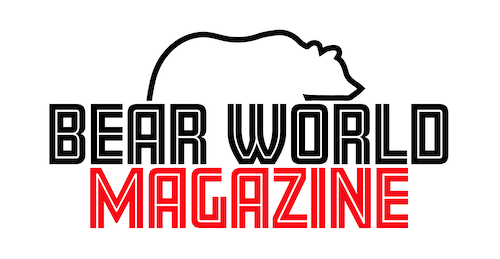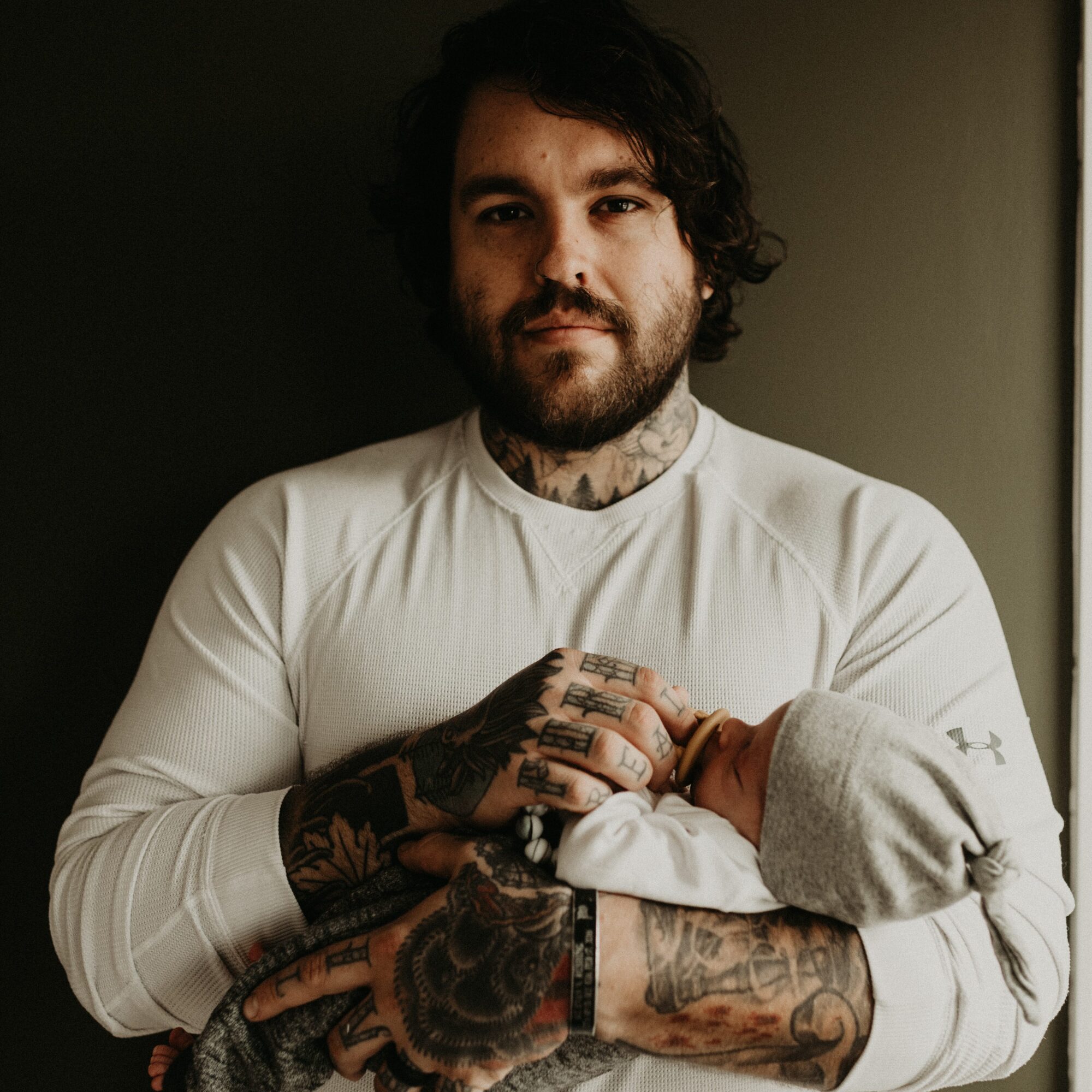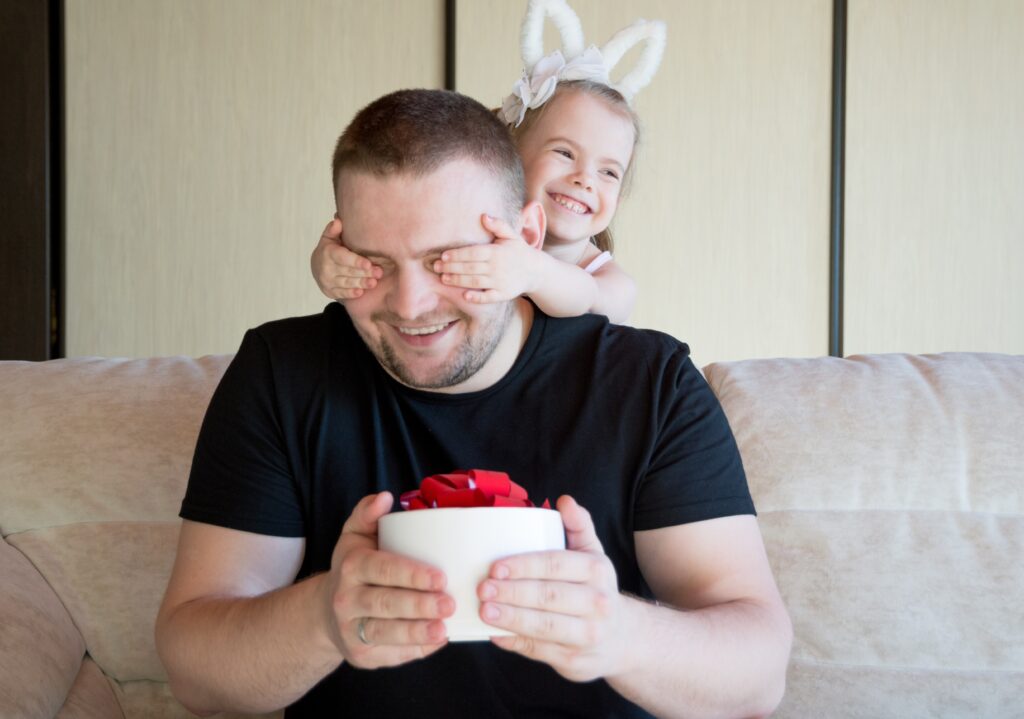Where is my Mommy? A conversation guide for dads
This past Mother’s Day may have sparked the question: how do two-dad or one-dad families celebrate the occasion, if at all?
If you’re a new or expecting dad, there are probably a lot of other questions that feel more pressing, like “Did we buy enough diapers?” or “Is it nap time yet?”
However, if you’re a dad with slightly older children, the question “Where is my mommy?” may have already come up at the dinner table, leaving you searching for an appropriate response. For dads who build their families with the help of an egg donor and a surrogate, having a plan in place to help explain your child’s creation story and honor those important relationships is a great place to start.

As a father via surrogacy and a fertility doctor who helps dads-to-be grow their families every day, I have some tips for explaining these relationships and crafting your child’s conception story, no matter where you are on your journey to fatherhood. I’ll also share how my husband and I have navigated these conversations and celebrated Mother’s Day in a dads-only household.
Tips for Expecting Dads
For dads in the process of biological family building, take notes! I mean that literally – starting a pre-baby book or even a Google Doc to document your journey to parenthood can be an amazing resource to share with your future child. Books about other LGBTQ+ families are great, but a story all about your own child is a special thing to share.
Starting to document your journey while you’re still in the egg donation and surrogacy process is a great way to capture all the little moments you might forget later.
Tips for Dads with Little Kids
For dads with little ones, navigating conversations about where your child came from can seem confusing – especially if that journey involves multiple people. As with most things in life, an age-appropriate version of the truth is always the best option.
Illume Fertility’s Mental Health Director, Lisa Schuman, LCSW, explained it in this way: your child’s understanding of their conception story will grow and evolve as they do.
When children are very young, maybe your answer to “Where is my mommy?” looks something like this: “Not all families have a mommy – our family has two daddies. We both love you, and love is what makes a family!”
Tips for Dads with Older Kids
As your child’s brain grows and develops, you may encounter more questions – and your explanation of their conception can develop as well.
For slightly older children, maybe your answer to “Where is my mommy?” looks more like: “Our family has two daddies, but we also had two special women help us bring you into the world. One woman gave us some special cells to help you grow, and then another woman carried you in her tummy until you were ready to be born.”
Many dads maintain a relationship with their surrogate and/or egg donor even after their surrogacy journey ends, which may help your child’s understanding of their story.
As dads to two sons through egg donation and surrogacy, my husband Greg and I have navigated our fair share of question mark moments throughout fatherhood. Here’s more about our experience figuring out how to answer, “Where is my mommy?”
A few years ago, we attended a Family Day event at the LGBT Center in NYC, and at one point the organizers assembled a group to talk about “interactions at school.” Within a few moments, this group of mostly gay dads began to focus on the best way to address questions like “Where is my mommy?” posed by both their own children and other families. Some dads in the group felt that the word “Mommy” or “Mother” shouldn’t be used with their children, as it is not completely truthful.
However, we did come to a consensus that these general parenting terms are ones our children hear, know, and understand from the world around them – even if they have two dads. Other dads were more comfortable using the word ‘Mom’ or ‘Tummy Mommy’ to describe their gestational carrier. One other suggestion was to create a Family Tree Book (or a ‘Personal Creation Book’) with pictures of your child’s egg donor and gestational carrier.
My husband Greg shares how our family celebrates the strong women in their lives on Mother’s Day, and how our children respond to the “Where is your mommy?” question:
When Mother’s Day rolled around this year, our son’s teacher reached out to us to ask (since they hadn’t had a two-dad family before) how we would like to handle it. We explained that our son has strong female role models, and that he could make a card for his Auntie Laurie or for Grandma. Our conversations with our kids started early about families coming in all shapes and sizes. Now, they don’t hesitate when someone asks “Where is your mommy?” Our kids simply reply without prejudice or judgment that they have two dads. Interestingly, one of their friends asked his mother why he can’t have two dads, too!
No matter how you decide to approach this conversation with your children, the most important thing to emphasize is that each family has its own highlights and milestones to celebrate, no matter how it was created.
It’s Not ‘The Stork’ – So Don’t Say It Is
One recommendation from Dr. Andrea Braverman may be a helpful takeaway: Rather than highlighting what you don’t have, focus on what you do. When talking to or about your children, try to avoid the phrase: “You don’t have a _______ (fill in the blank: Mommy, Mother, Daddy or Father),” and instead simply tell the truth kindly and in a loving manner.
Try phrasing those sentences slightly differently:
“Not everybody has a mommy” or “Not everybody has a daddy”
Then, further explain: “All families are different. Some families have two daddies, two mommies, one daddy, one mommy, and even sometimes kids are raised by their grandparents, or aunts and uncles.”
It is from here that the conversation can move into how all families are different, yet special in their own unique way. And when you’re loved by your parent(s), it doesn’t matter what that configuration is.
This story first appeared in Gay Parents To Be and was written by Dr. Mark Leondires.

Dr. Mark P. Leondires, Medical Director and lead fertility doctor with Illume Fertility, is board-certified in both Obstetrics and Gynecology and Reproductive Endocrinology and Infertility. Dr. Leondires is also Founder of Gay Parents To Be, an educational family-building resource for the LGBTQ+ community.
























